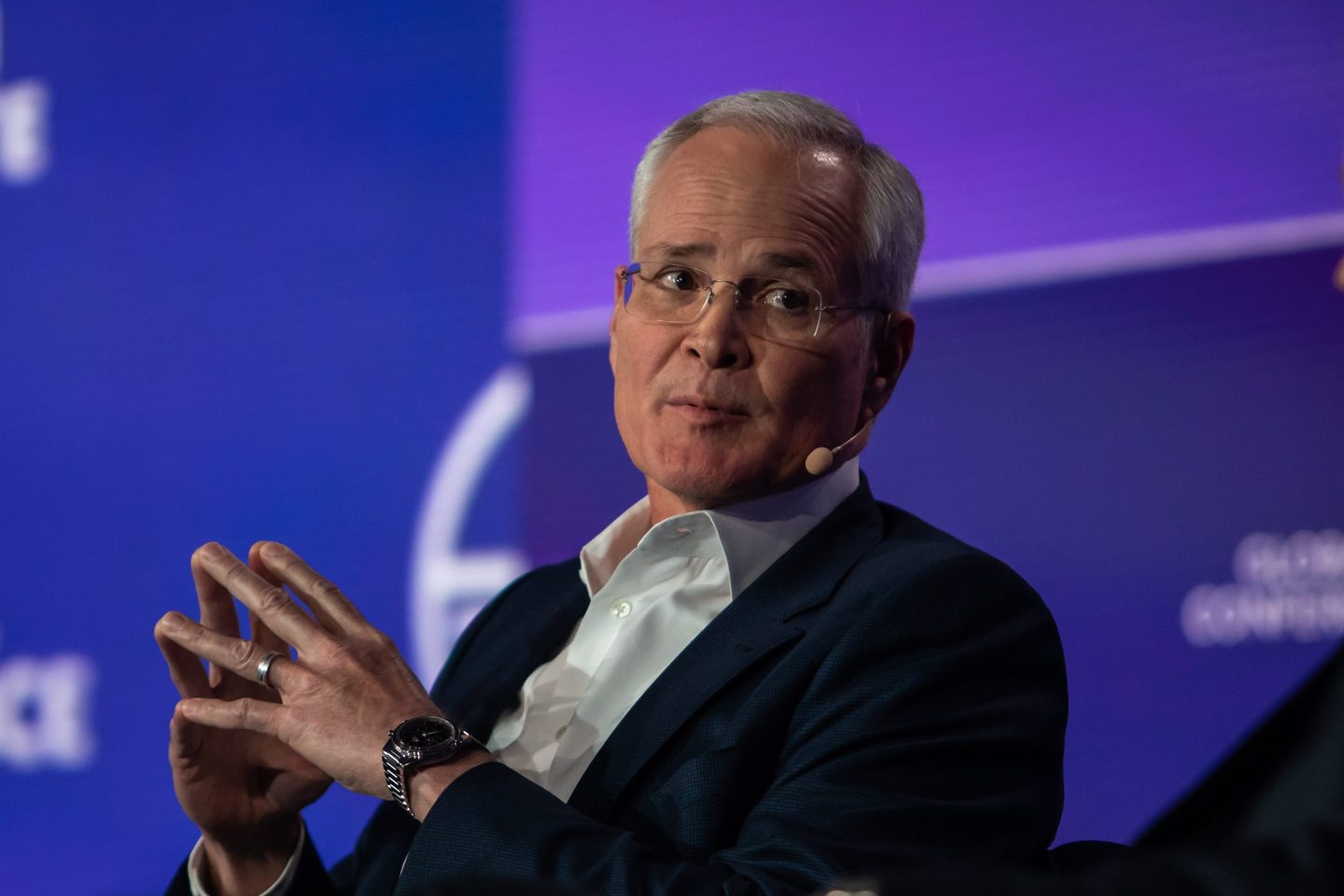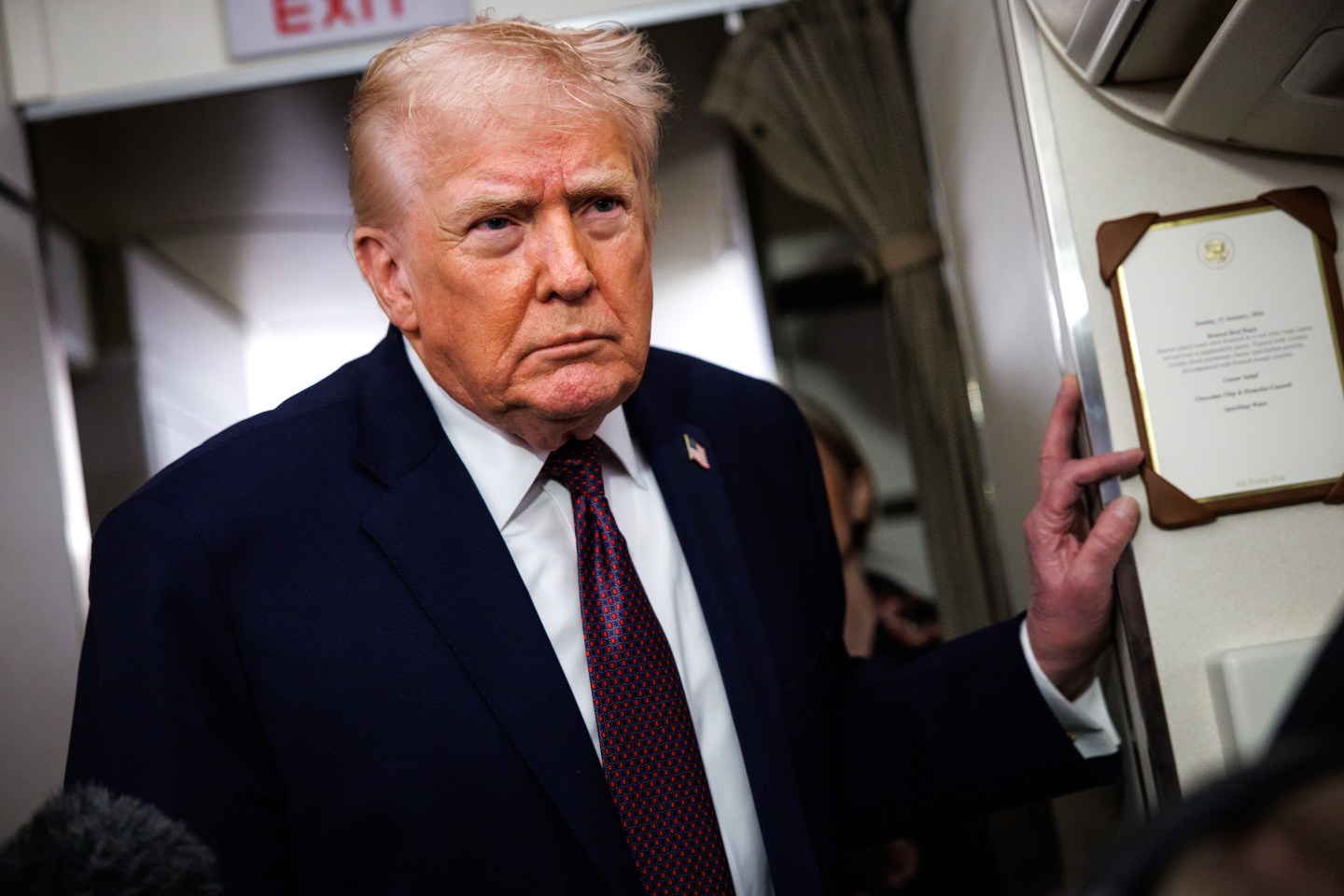This article is published in partnership with Time.com. The original version can be found here.
By Vivienne Walt, TIME
Thousands of police and soldiers were hunting Thursday for the two masked gunmen who stormed Paris’s weekly paper Charlie Hebdo and shot dead 12 people before fleeing in a getaway car.
While President François Hollande’s government vows to capture them quickly, the more worrying question is this: How did well-known hardliners who have been under surveillance for years for their jihadist views succeed in pulling off a spectacular assault under the noses of the French police?
With Parisians still reeling from Wednesday’s attack, automatic gunfire was reported on Thursday morning in Montrouge, a southern Paris suburb, wounding two police officers; one died of her injuries about two hours later. Interior Minister Bernard Cazeneuve, who visited the scene, said that it is far too early to say whether the incident is related to the Charlie Hebdo attack.
The prime suspects for the Charlie Hebdo massacre are Saïd Kouachi, 34 and his brother Chérif, 32, who were born in Paris’s 10th district of Algerian immigrant parents and whom police believe came home last summer after fighting with jihadist groups in Syria. A third suspect surrendered to police and has since been exonerated.
The brothers were orphaned at a young age and raised in foster care in the city of Rennes according to the French paper Liberation. Astonishingly, the police zeroed in on the two after Saïd left his national identity card in the Citroen car which the two used to flee from the police on Wednesday, according to French media reports. Their faces are now on wanted posters on public buildings across France, with police appealing to people to look out for the brothers and to report any information about their whereabouts.
The Kouachi brothers were still on the run on Thursday morning. Hundreds of riot police raided a low-income housing complex in the north-eastern city of Reims overnight, where the older brother, Saïd lived, according to French media. One neighbor told RTL Television that he was “a guy I pass regularly in the stairs while leaving the building.”
But while the Kouachi brothers’ location was a mystery on Thursday morning, the political history of one of them was not.
Chérif Kouachi was part of a network of militants from Paris’s 19th district, a relatively poor area with a high number of immigrants on the north-eastern edge of the city, that found ready recruits for jihadist activities after the U.S. invasion of Iraq in 2003. Chérif tried to go to fight in Iraq by travelling through Syria but was arrested on the way.
Although not originally a devout Muslim, Chérif allegedly joined the jihad after seeing the photographs of abuse by U.S. soldiers in Abu Ghraib prison in 2004. He later described to police how an imam in his neighborhood had recruited youth to fight against U.S. forces in Iraq, according to the New York Times, which wrote about him and his friends in 2005.
Although he himself never made it to the battlefield in Iraq in 2004, he was sentenced in 2008 to three years imprisonment after a dramatic trial and served 18 months in jail. In a chilling echo to today’s anxieties about the French citizens fighting in Syria and Iraq, the police at the time warned that the French youth drafted to fight for Al-Qaeda in Iraq “could use Iraqi battlefield skills in terror attacks back in France,” the Associated Press reported at the time.






